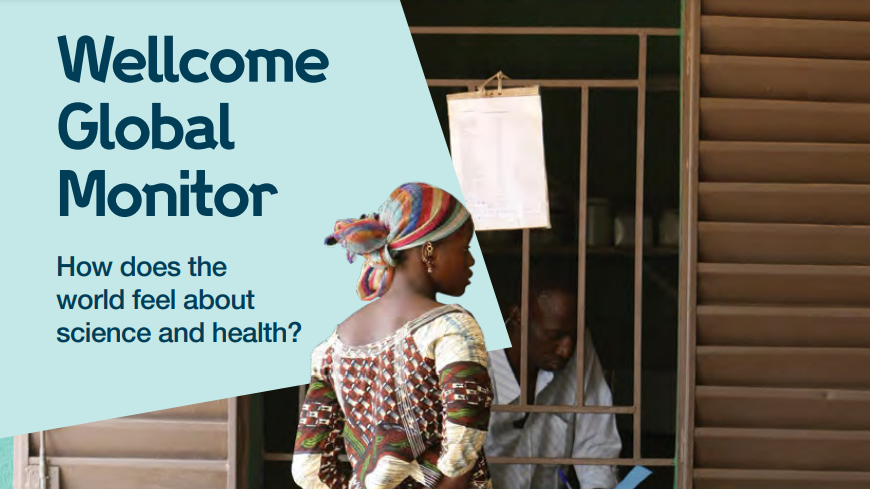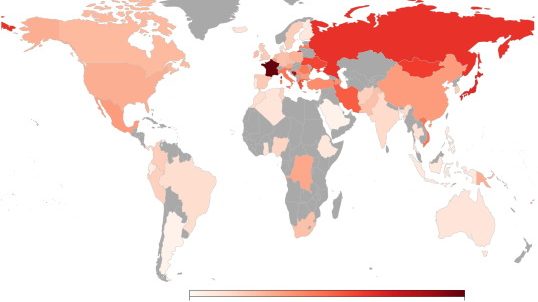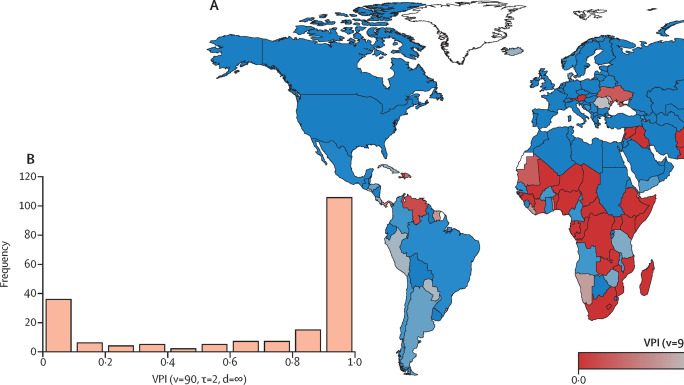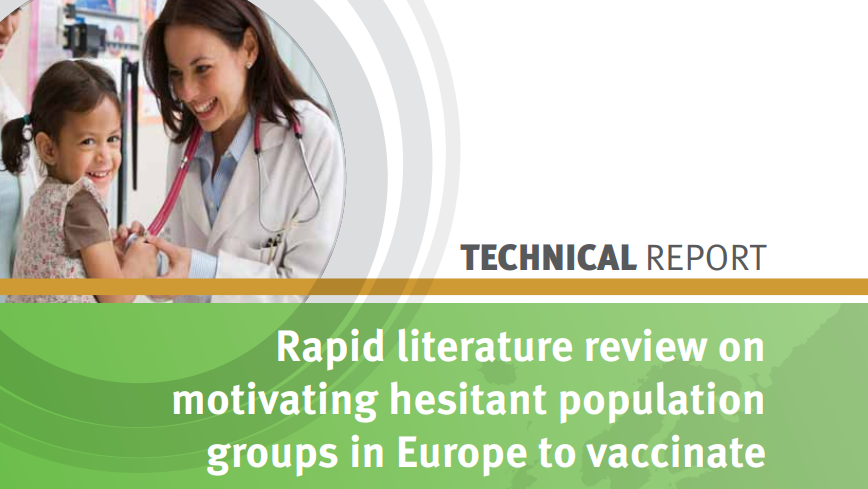This year, the World Health Organization named vaccine hesitancy as one of the top 10 global health threats, alongside threats as grave as climate change, antimicrobial…


This year, the World Health Organization named vaccine hesitancy as one of the top 10 global health threats, alongside threats as grave as climate change, antimicrobial…

The central importance of vaccines to global health is why we devoted a question series in the Wellcome Global Monitor to understanding people’s attitudes towards vaccines around the world. The Monitor found that globally, eight in ten people (79%) somewhat or strongly agree that vaccines are safe, while 7% somewhat or strongly disagree.

While most people vaccinate according to the recommended schedule, this success is challenged by individuals and groups who delay or refuse vaccines.

Public confidence in an immunisation programme is a pivotal determinant of the programme’s success.

This article aims to suggest and recommend strategies to promote vaccination awareness, and highlight proactive measures for building, maintaining and enhancing…

This survey examines perceptions of vaccine importance, safety, effectiveness, and religious compatibility among 65,819 individuals across 67 countries.

We undertook a data-driven time-series analysis to examine trends in coverage of diphtheria, tetanus,…

In this perspective, Professor Heidi. J Larson argues that understanding trust in local contexts is key to communication about vaccination.

The Vaccine Confidence Project™ is a WHO Centre of Excellence on addressing Vaccine Hesitancy, and is engaged in many strands of research pertaining to vaccine hesitancy.

To analyse factors contributing to uptake of vaccines globally, a systematic review on vaccine hesitancy was carried out by…

This rapid literature review on motivating hesitant population groups in Europe to vaccinate focuses on identifying hesitant populations and what the enablers and barriers to vaccination uptake are for them.

In March 2012, the SAGE Working Group on Vaccine Hesitancy was convened to define the term ”vaccine hesitancy”, as well as…